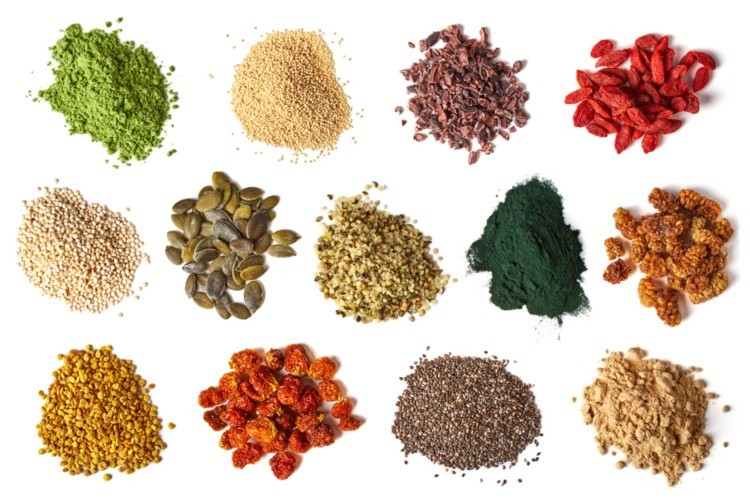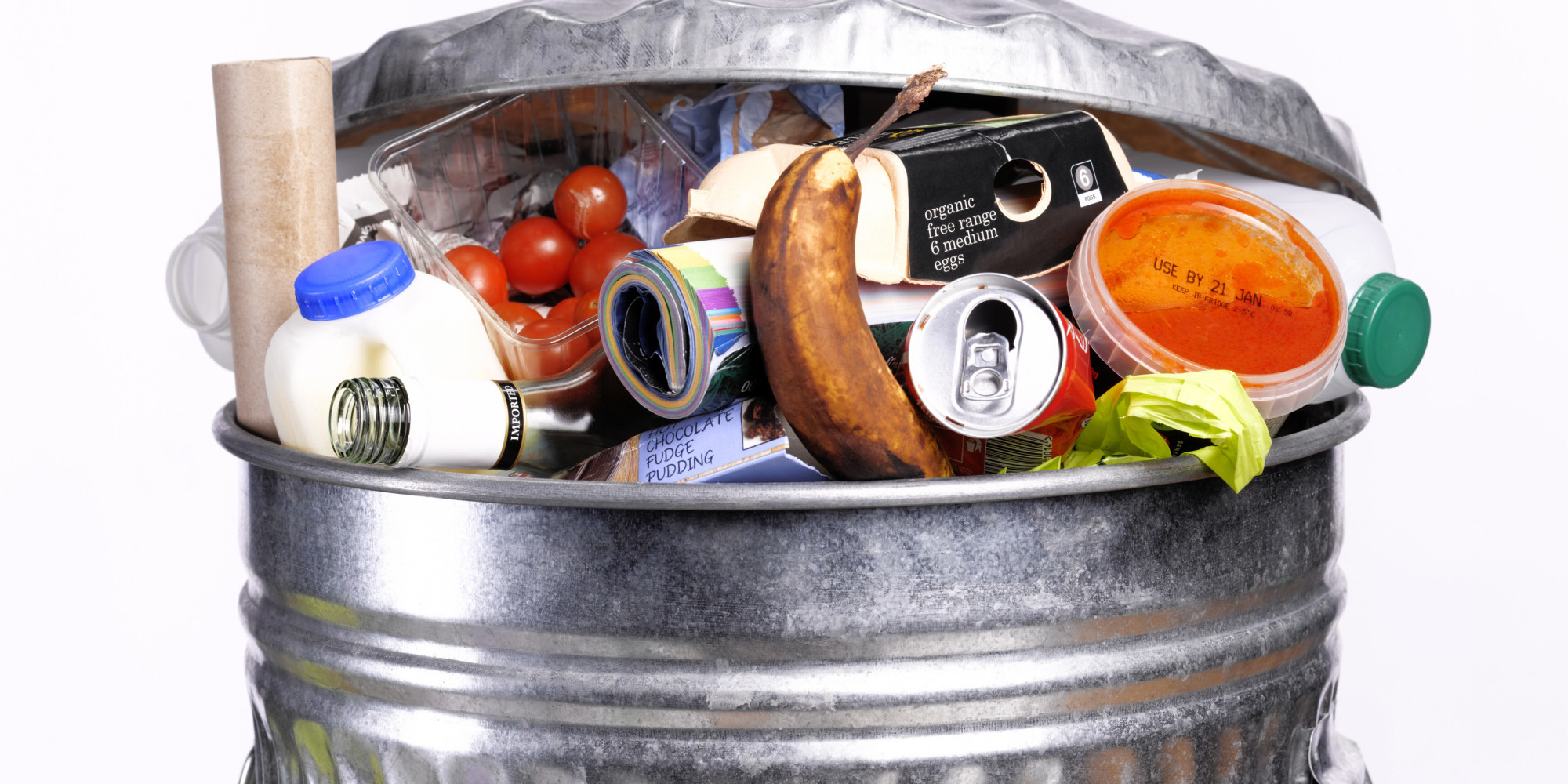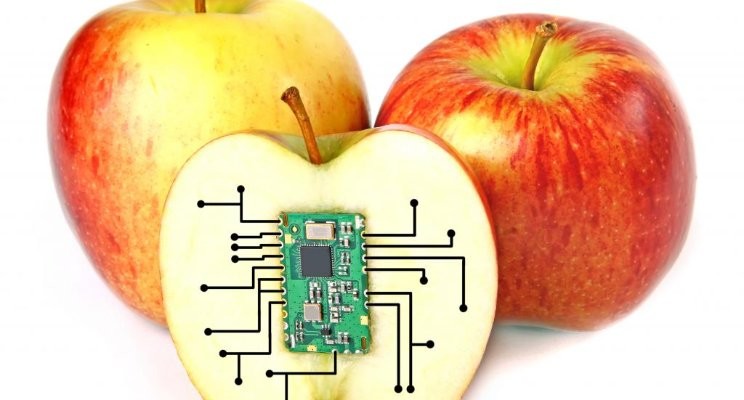FOOD: STARTUPS, COMPANIES, TOPICS AND TRENDS OF 2018
In 2017 we witnessed the rise of some interessant food startups and a growing awareness on the future of food, and consequently, the future of our planet. But what will we see in 2018?
#SUPERFOOD #NOVELFOOD

Starting on the 1st January 2018 it will be effective the “new EC Novel Food Regulation No. 2015/2283 that will regulate the sale and consumption of whatever concerns the novel food. Predicting the effect it will have on the European market and food habits is difficult as each Eu country has or will have to create its own framework in adherence with EU rules; you can find an explanation of the law, elaborated and written by a food lawyer here:
In 2018, we will surely witness an increasing sale and consumption of:
#MORINGA
A plant consisting of 13, or probably more, different species, widely grown in semiarid, tropical and subtropical areas.
Asides that most of its parts are edible: leaves, drumsticks, seeds and roots, a one-off in the entire vegetables world, it contains the full essential amino acids range required for proteinic needs, further interesting nutritional values related to vitamins and minerals.
The exceptional benefits brought by moringa consumption would include an increase in immunity defences, fatigue and stress reduction, muscle growth and blood glucose level regulation, undoubtedly making this plant a true super food.
#SPIRULINE
Algae will be one of the foods of the future and Spirulina is their best representative. Widely known and consumed since the XVI century by pre-Columbian people such as Aztecs, these algae have a high protein content, about 70%, more than is needed to be a considerable source of ACE Vitamins, Iron, and Omega-6 fatty acids, which helps in reducing the LDL Cholesterol blood level.
One of the controversies related to Spirulina is that, being widely grown in countries such as Mexico and China with limited water and hygienic control, it could carry toxic substances such as microcystins and high level of heavy metals. This would soon cease to be a problem though, as there are some interesting startups, such as SPIREAT, which grow this algae in Italy, in a fully sustainable way using the heat generated by the biogas factory located close to the greenhouses, in a controlled and regulated environment.
#EDIBLEINSECTS
Entomophagy was widely described in one of the previous and successful articles.
More than in Africa, Asia and America, the consumption of insects as food is already a common practice in some European countries, while in Italy, due to an absence of specific laws and the willingness of authorities to delay, at most, the adherence to EU regulation, joined by a strong people opposition in considering new food sources, in 2018 we will surely see more awareness on this issue but still not the full clearance of this new food habit.
I would like to mention the association ENTONOTE, which promotes the consumption of edible insects through the organization of dinners and events focused on this topic, being able also to rely on a growing presence on press and TV.
#FOODWASTE #SUSTAINABILITY

Both topics were widely discussed here and there.
In 2018, apps and startups like KITRO, TOO GOOD TO GO and OLIOEX, will boost and consolidate their presence on the market, giving a strong contribution to the fight against food wastage and will still be part of our lives.
By food retailers, I will expect more awareness about the need to adopt shorter supply chains and the launching of more projects focused on this topic.
For sure the technology will be really helpful, but the first step to shape a better world must be taken by all of us: if 2017 has been the year of awareness, 2018 will have to be the year of action.
Let’s try to eat less, but better. Let’s start to spend less for entertainment and more for good food. Let’s start to rely more on local producers. Let’s start to have our own orchid. These are simple indications, feel free to adopt the measure you feel more appropriate.
I would like to commend the work, and wish a prosperous 2018, to Taste of Kenya; the coffee supply chain which is unfortunately similar to the cocoa one discussed here. In such framework, it’s necessary to adopt measures to make the chain shorter and improve farmers’ lives, and the commitment of Taste of Kenya goes in this direction.
This challenging startup aims to drop all the intermediaries, connecting the coffee roasters directly with farmers, allowing them to be paid more and quicker; good luck to you guys.
#FOODINNOVATION #FOODTECH

One of the most used food ingredients in 2018, both by industry and consumers, will be the stevia: the natural and sustainable alternative to common sugar, extracted by the homonymous plant, 300 times as sweet as sucrose, with a calorie content equal to zero (0 calories).
Doesn’t sweet and light sound like a dream?
One sensible contribution to a more sustainable food industry will surely be given by the FOODSOLUTIONSTEAM; the small company managed by Erike Linke, producing and providing some alternative and sustainable raw materials for food industry, such as vegetables fibers and oils, is ready to conquer the market in 2018.
In the field of food security, one disruptive impact will be given by BIOSENS: the Ukrainian startup developed, a revolutionary sensor that, exploiting the Internet of Things technology, can detect and send, in real-time, the content of mycotoxins in food, allowing to save time and money for test that otherwise would require a considerable use of personal and financial resources.
One more startup to bet on for 2018 is undoubtedly FLAVORWIKI. Have you even thought of the huge potential one with a digital database of tastes might have? It’s exactly what Daniel Protz developed: through careful gathering of data by food consumers, FlavorWiki allows clients of all sizes to create a database of taste and flavor for their target market able to add immeasurable value to chefs, food designers and foodservice chains in developing and crafting their new food proposals. We look forward to the launch of the first pilot projects.
#URBANFARMING #AGTECH

2018 will be the year of urban and vertical farming, and I firmly believe we will see a considerable growth of interaction between traditional agriculture and technology.
I genuinely believe we could even help the rise of a new agricultural revolution, led by:
Basil, lettuce and the vegetables you love the most in your living room, with a catchy design that would put even Giugiaro to shame; this is Hexagro. Its fully modular, customizable anb completely automated and Living Farm Tree is ready to conquer the market, allowing you to have the veggies you wish, 100% organic, in the comfort of your house and kept under control by the screen of your smartphone.
Carolina Reaper, the world hottest chili, or Kale, the coolest superfood of the moment grown naturally right in your kitchen? Yes! Unleash your green thumb and your creativity with Linfa!
This amazing home hydroponic intelligent greenhouse makes it possible to have the plants and flowers you love most, in a natural way, and without moving. What you need is just a little space and a smartphone, the perfect amenity for your house.
This US company developed Genesis, the revolutionary kit all in for home gardening.
Build your orchid by selecting which plants you want and where, plan the seeding, watering and all the other operations directly on your phone with the intuitive app.
Growing your home garden will be as easy as playing a video game.
The technology elaborated by this innovative company, located at the EFPL Innovation Park in Lausanne, uses a powerful combination of hardware (hyperspectral cameras), software and artificial intelligence to analyze the soil, detect eventual discrepancies and problems of the crops and elaborate the related solutions. All in real-time, it sounds pretty amazing.
This Ghanian startup’s mission is to allow farmers to transform their smallholders’ farms into successful and proficuous businesses giving them access to a wide range of information such as weather forecast, market situations, prices levels, personalized training, and many others, giving access to global market and crafting a business-oriented mind. The African revolution is started.
If you liked this article, feel free to share it with your network.

